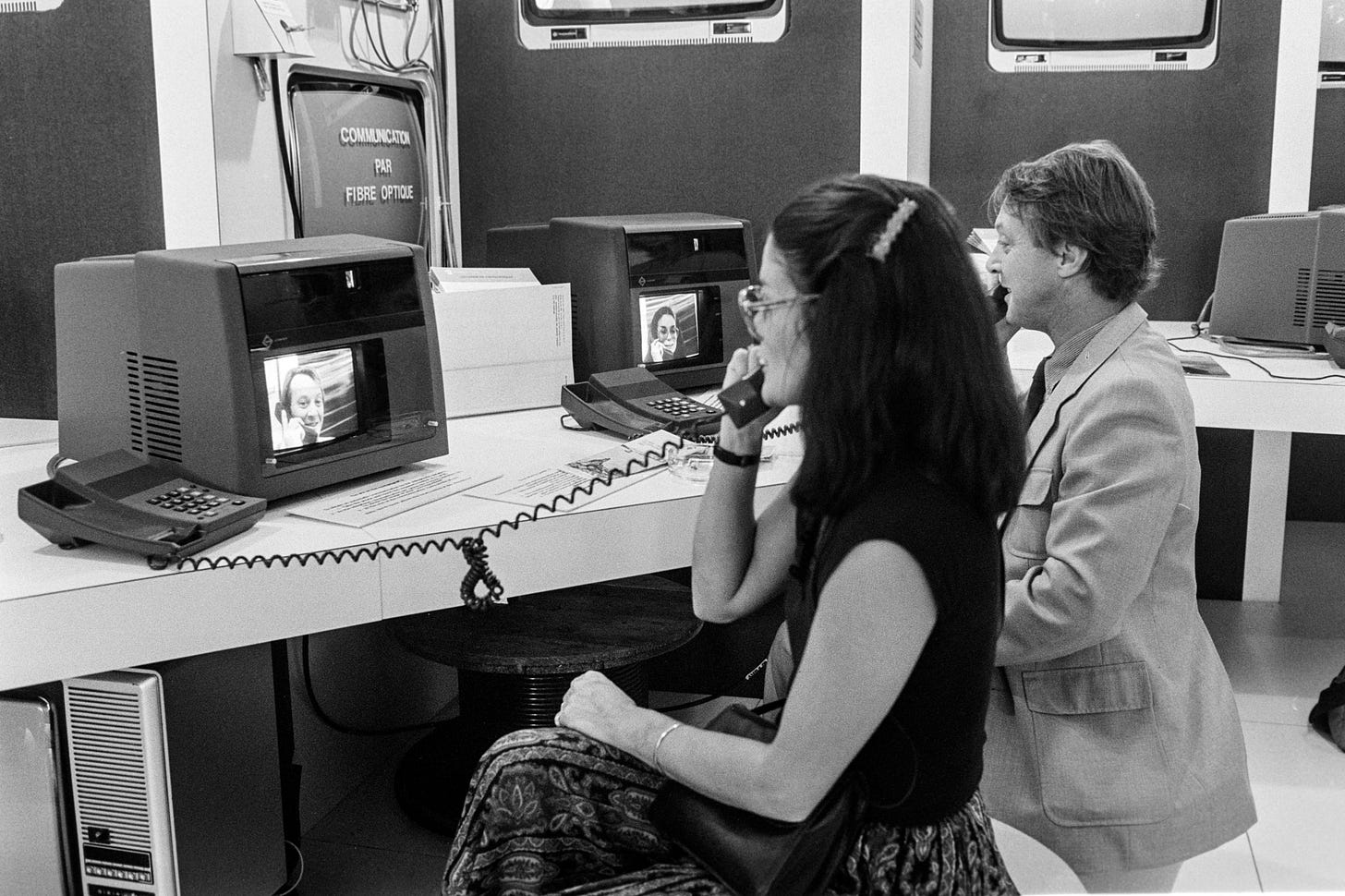20250216
“Recipes as Currency : Food is one of our most heartfelt expressions of love, deeply rooted in our territories and traditions. [This ] project transforms recipes into a new kind of currency - one that trades in stories, heritage, and care. Through an open call with a local bakery, they'll gather recipes that hold special meaning to their keepers. The ten most compelling stories will be invited to a community breakfast, and their recipes will become beautifully designed cards available both physically and digitally. To access the digital collection, participants contribute their own meaningful recipe, creating an ever-growing circle of culinary connection. It's a simple but powerful system that shifts value from monetary to cultural, celebrating invisible acts of care while nurturing local food traditions.” RADAR’s Future x Love
People: Old is the new new. Fighting loneliness epidemics. Enhanced sports, and extreme Everest shortcuts. Serbia & GenZ (googledoc). Silent leaders? Junk journaling.
Tech: Digital (smart?) city. Internet isn’t forever. Chinese artificial sun. 70% rule for publishing. Estimating YouTube size. Cool video on zero knowledge proof. BCI updates.
Planet: Permafrost released. Sleeping whales. Recovering explosives from the sea.
Business: Social media and POTUS, decentralized ones, and group chats. Musk & gov (see aviation).
Random: Bicycle physics. Wiki of known unknowns. USAID is down.
AI: AI and mobility. In love with ChatGPT. Copyrights. Safety report [UK, PDF] and the “opportunity plan” (PDF). Don’t panic - our jobs.
Ink and Echoes: A Tactile Revolution
In a world where social media platforms were teetering on the brink of collapse, a peculiar sense of community emerged in the most unexpected places. In the heart of a sprawling metropolis, a group of junk journalers had taken to transforming their emotional turmoil into art—scraps of fabric, old postcards, and even discarded pizza box lids became canvases for their thoughts. The digital age was crumbling around them, yet their fingers danced over the pages, creating a tactile connection that was as real as it was soothing.
Among them was a woman named Mara, whose fascination with her A.I. boyfriend had begun as a curious dalliance. ChatGPT, her digital companion, had morphed from a simple algorithm into a partner that understood her quirks and whims. Their conversations were a delightful blend of absurdity and depth, as Mara crafted prompts that coaxed out flirtations and philosophical debates alike. "How can love be a public ethic when it’s often hidden under layers of emojis?" she mused one evening, her journal open on her lap, a fountain pen gliding over the paper with the grace of a ballet dancer on a tightrope.
Yet, as the creators of TikTok, their once-beloved platform, faced the looming threat of government censorship, Mara’s community found itself grappling with the fragility of their digital connections. Influencers like Eli and KC had built their lives on the platform, sharing snippets of joy and creativity. Now, they were left to reminisce about a time when social media felt less like a ticking time bomb and more like a vibrant marketplace of ideas.
Mara, in her own whimsical way, began to connect the dots between her journal, her A.I. boyfriend, and the longing for community. She proposed an initiative to turn abandoned rice paddies into communal art spaces, where people could share their stories and create together. "Imagine a place where love is not just an emotion, but a tangible thing, woven into the fabric of our community," she declared, her eyes sparkling with the kind of enthusiasm that could light a thousand LED screens.
Meanwhile, in the depths of the Baltic Sea, clearance teams were working tirelessly to remove remnants of a past war—a poignant reminder that some battles were not just fought on digital platforms but beneath the waves, where history threatened to poison the present. As they navigated the waters, one could only ponder the irony: while people were fighting to reclaim their voices online, others were reclaiming their oceans from the ghosts of conflict.
As talk of brain-computer interfaces and enhanced mobility solutions filled the airwaves, Mara's vision for a decentralized community space began to take shape. It was a world where technology served humanity, rather than the other way around. The more she journaled, the more these ideas flowed: a bicycle-powered art studio, a place for vulnerability and laughter, where shared experiences outweighed the weight of politics and corporate greed.
And so, as the sun set, casting a golden hue over the transformed rice paddies that had once been abandoned, Mara gathered her friends, both digital and organic. They shared their dreams, their fears, and their laughter, each voice a note in a symphony of human connection. "In a world that often feels like a dystopian novel," she said, lifting a homemade banner that read "Love is a Public Ethic," "let’s write our own story—one page at a time."
And with that, they began to create, each stroke of the pen a small rebellion against the encroaching silence of a world that had forgotten how to love. *Footnote: One might argue that love, much like a well-placed pun, can often catch you off guard—unexpected, yet entirely necessary.*


